The 4 Cs: A Framework For Improving Math Skills
The Four Cs stand for Converse, Count, Compare, Categorize, each of which are critical to the development of a young child’s mathematical knowledge.
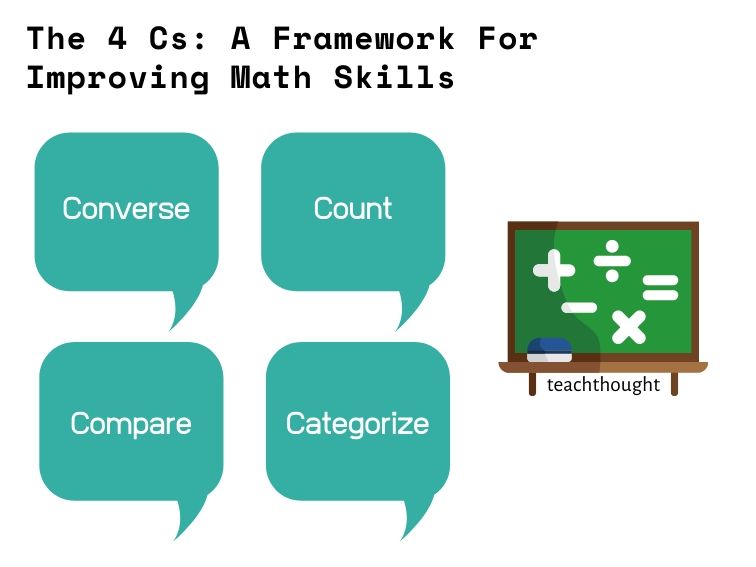
The Four Cs stand for Converse, Count, Compare, Categorize, each of which are critical to the development of a young child’s mathematical knowledge.
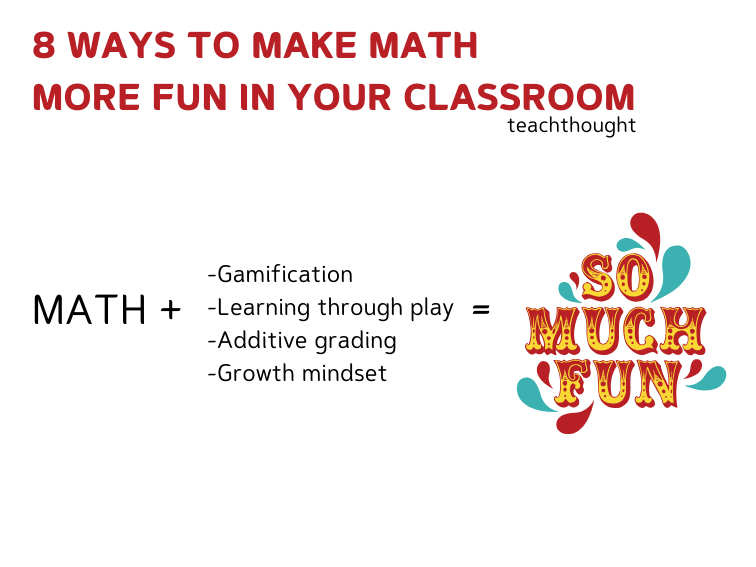
Want to make math more fun for students? Support them by giving them space to ask questions and learn through play.
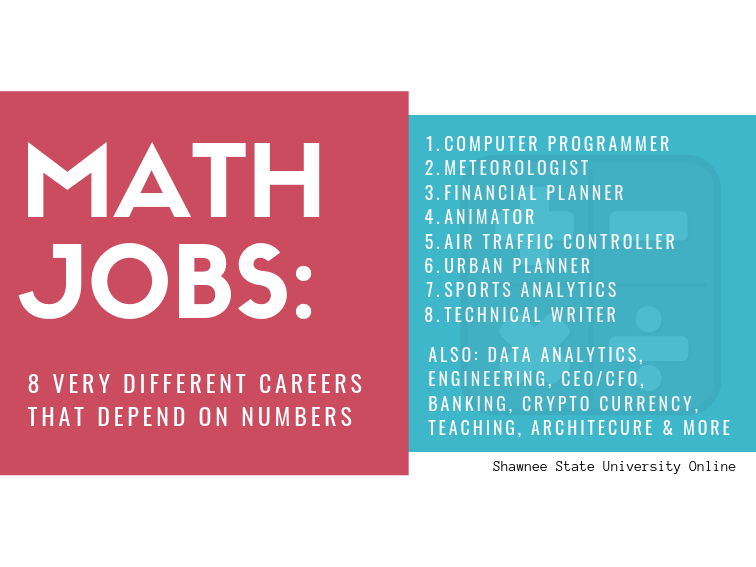
Math jobs from engineering and meteorology to financial planning & research are increasing as technology deepens its cultural relevance.
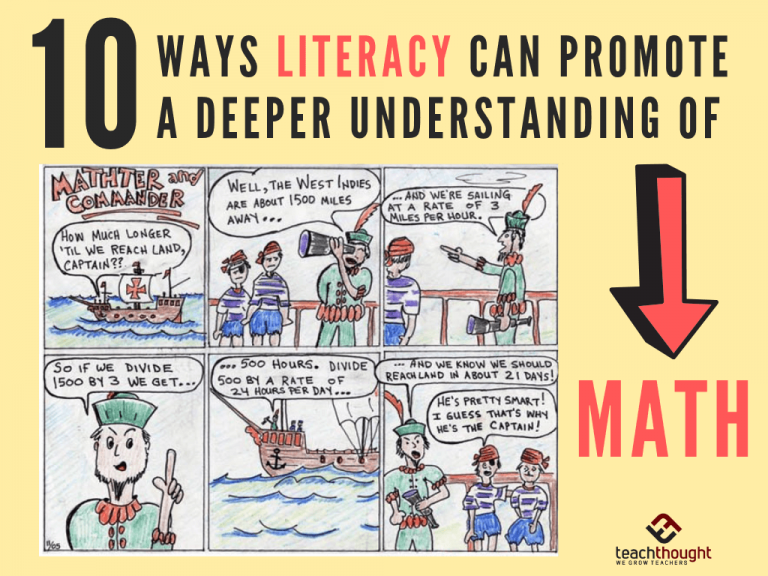
Here are ten ways literacy can promote a deeper understanding of math, including writing out problem-solving steps and taking notes.
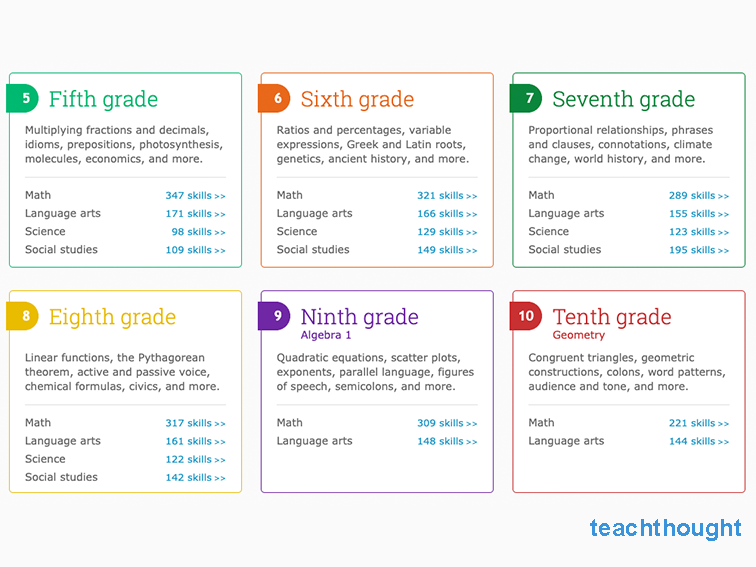
IXL is a personalized learning platform used by over 400,000 teachers worldwide. Here are 8 ways to use IXL in the classroom.
Are Early Childhood Educators Teaching Geometry Backwards? by Dennis Pierce Summary: A recent webinar explains why it makes more sense to teach children about three-dimensional figures before they learn about two-dimensional shapes. Traditionally, young children are taught about two-dimensional shapes such as circles, squares, and triangles before they learn about three-dimensional figures such as spheres, cubes,…
This TED Talk by Matthew Peterson seeks to explore what it would look like to teach math without using words.
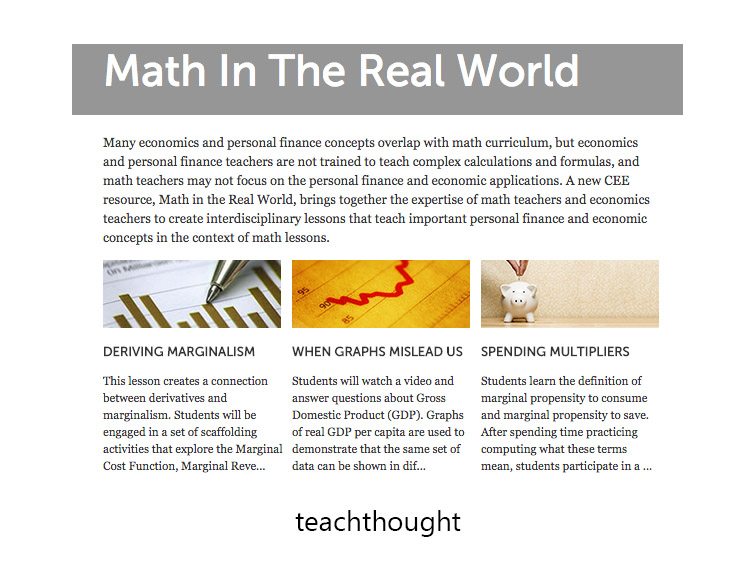
400 Lessons On Math In The Real World From EconEdLink by TeachThought Staff NEW YORK, NY (February 19, 2015) Based on many of the same skills and concepts, math is a natural complement to economics and personal finance; and yet, they are rarely taught in conjunction with each other in our nation’s schools. The Council…
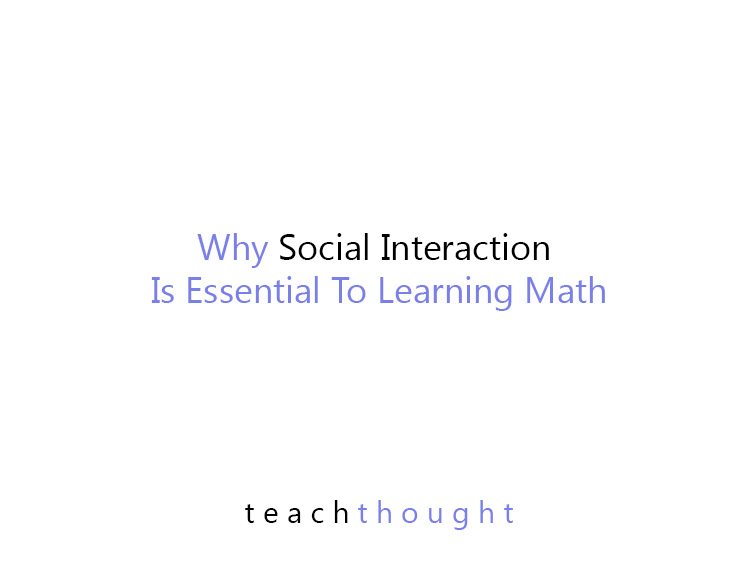
We seek fluency in the language of math but don’t encourage students to use it in a social way, producing many who are anxious about math.
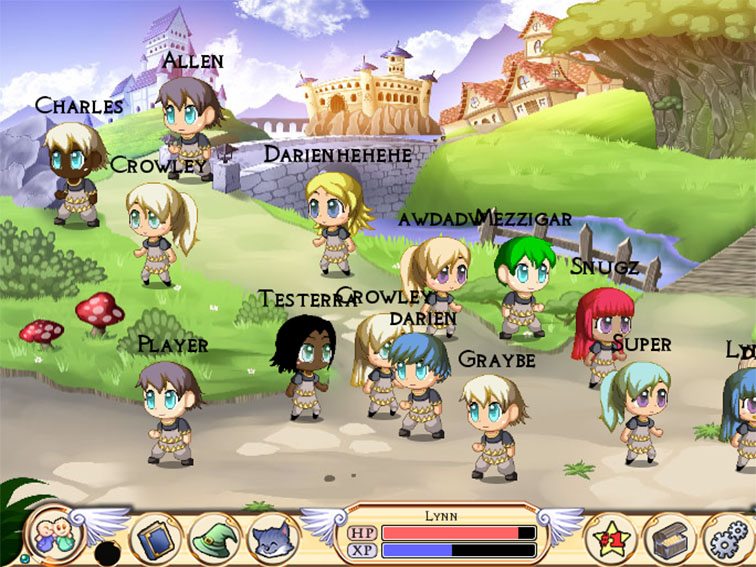
Prodigy is a free, adaptive math game that integrates common-core math (grades 1-8) into a fantasy style game that students love playing.
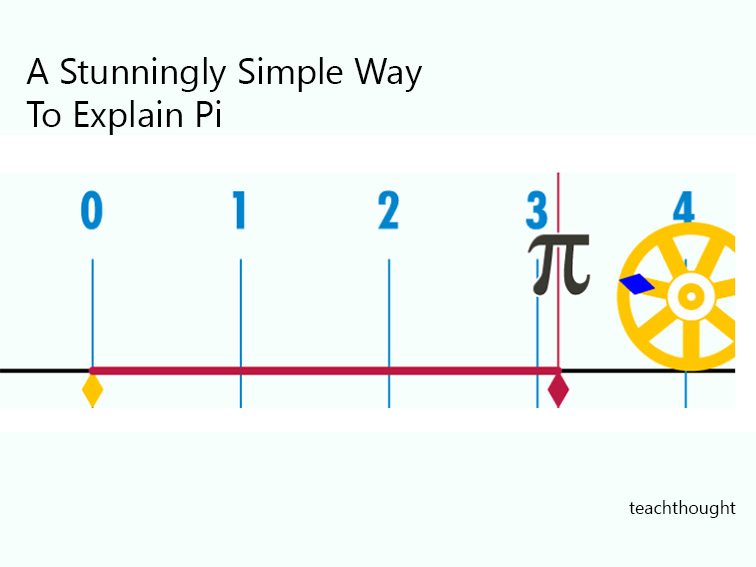
What is Pi? Pi (or ‘π’) is a mathematical constant defined as the ratio of a circle’s circumference to its diameter.
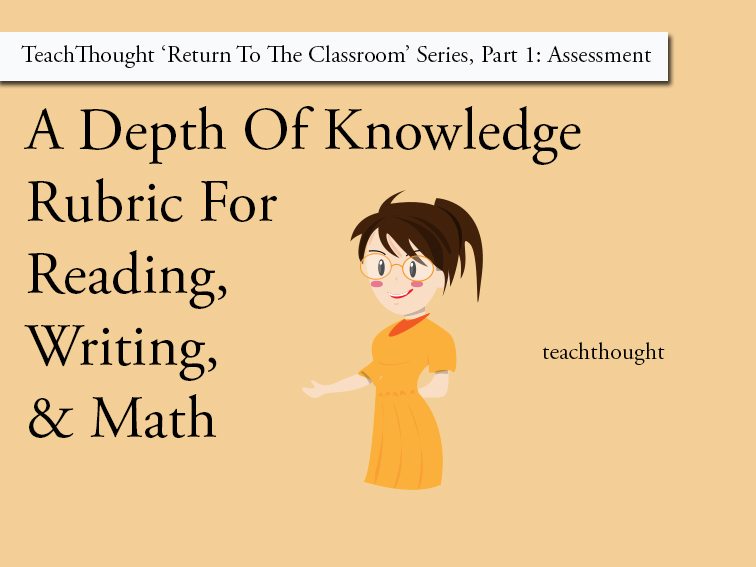
Depth of Knowledge frameworks can be useful for planning curriculum, designing assessments, or making judgments about student reading, writing, and math.
End of content
End of content